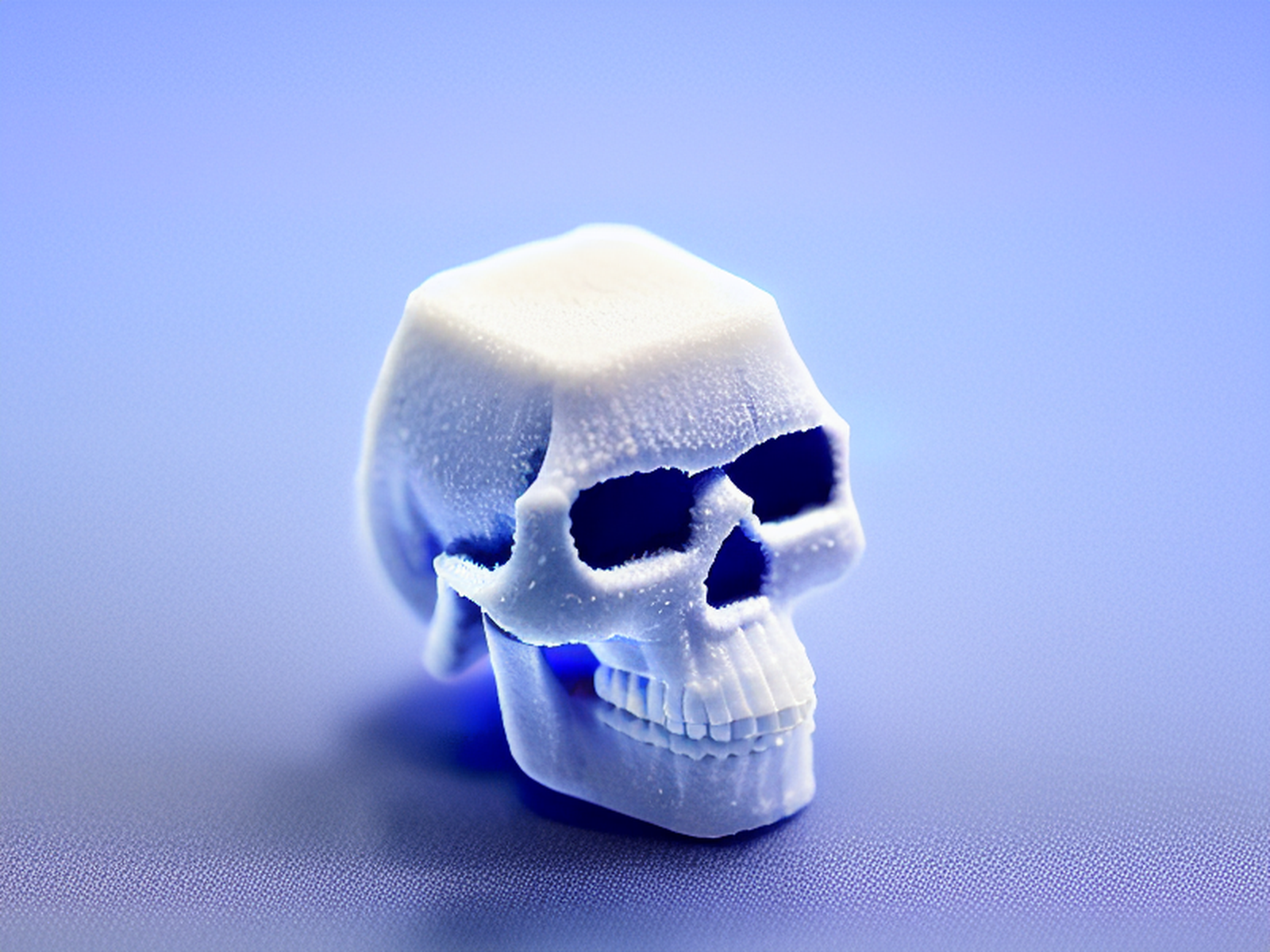Sugar is a sweet substance that is found naturally in fruits, vegetables, honey, and milk. It is also added to many processed foods and drinks to enhance their flavor, texture, and shelf life. However, consuming too much sugar can have harmful effects on your health.
One of the main dangers of eating too much sugar is that it can raise your blood glucose levels and insulin levels. Insulin is a hormone that helps your cells use glucose for energy. When you eat or drink too much sugar, your pancreas has to produce more insulin to keep up with the demand. This can lead to insulin resistance, which means that your cells become less responsive to insulin and need more of it to function properly. Insulin resistance can increase your risk of developing type 2 diabetes, a condition where your blood glucose levels are too high and can damage your organs.
Another danger of eating too much sugar is that it can affect your heart health. When you eat or drink too much sugar, the extra insulin in your bloodstream can cause inflammation and damage to your arteries. This can make them thicker, stiffer, and more prone to plaque buildup. Plaque is a sticky substance that narrows your arteries and reduces blood flow. This can lead to high blood pressure, heart attack, stroke, and other cardiovascular diseases.
Eating too much sugar can also contribute to weight gain and obesity. Sugar provides calories but no essential nutrients. It also stimulates your appetite and makes you crave more sweet foods. When you consume more calories than you burn, you store the excess as fat in your body. Excess body fat can increase your risk of various health problems such as cancer, liver disease, sleep apnea, arthritis, and depression.
To avoid the dangers of eating too much sugar, you should limit your intake of added sugars. Added sugars are sugars that are not naturally present in foods but are added during processing or preparation. They include table sugar (sucrose), high-fructose corn syrup (HFCS), honey (fructose), maple syrup (sucrose), agave nectar (fructose), molasses (sucrose), brown sugar (sucrose), etc. The World Health Organization (WHO) recommends that adults should consume no more than 10% of their total daily calories from added sugars. For example, if you eat 2000 calories per day, you should limit your added sugar intake to 200 calories or 50 grams per day.
Some tips to reduce your added sugar intake are:
- Read nutrition labels carefully and look for hidden sources of added sugars such as corn syrup solids, dextrose, maltose, lactose, etc.
- Choose fresh fruits instead of fruit juices or dried fruits
- Drink water or unsweetened tea instead of soda or sports drinks
- Use natural sweeteners such as stevia or monk fruit instead of artificial sweeteners
- Avoid processed foods such as cakes, cookies, candy, ice cream
- Eat more fiber-rich foods such as whole grains, legumes, nuts, seeds, etc.
Eating too much sugar can have serious consequences for your health. By limiting your added sugar intake and choosing healthier alternatives you can protect yourself from the dangers of eating too much sugar.

